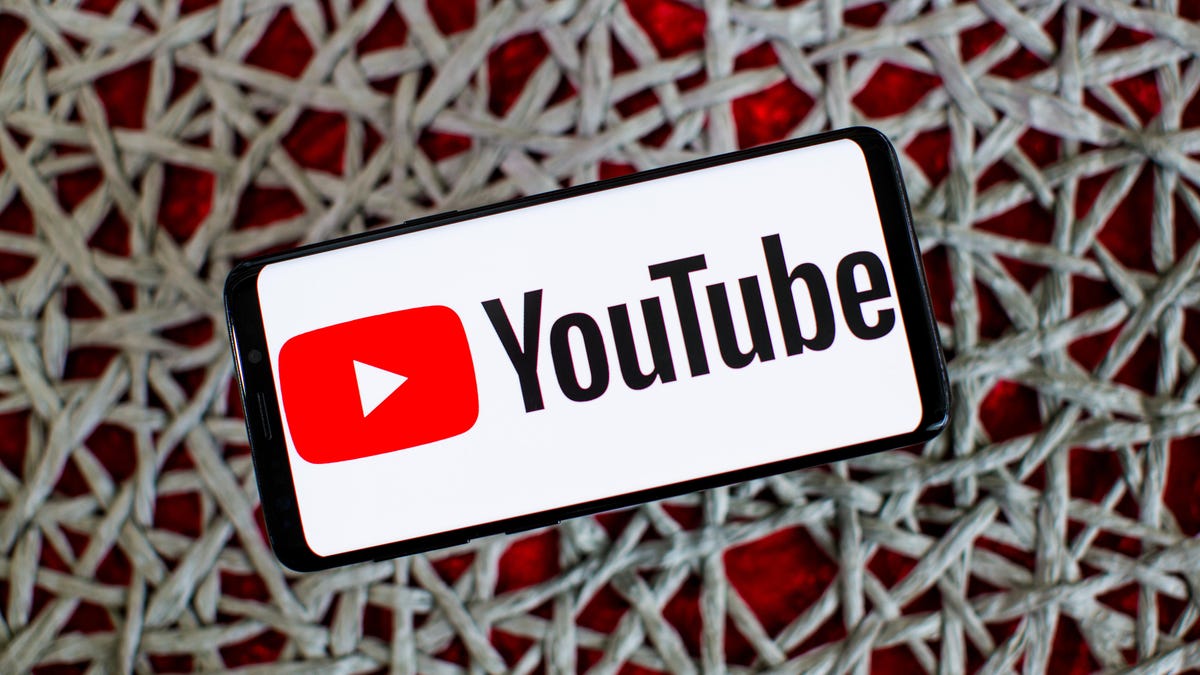YouTube's TikTok rival, Shorts, surpasses 5 trillion total views since launch
YouTube CEO's annual letter also says Google's giant video platform will emphasize how regulation may affect creators' revenue, as YouTube faces Washington crackdowns.

YouTube has more than 2 billion monthly visitors.
YouTube Shorts, the bite-sized videos that mimic TikTok, have been viewed more than 5 trillion times total since they launched in late 2020, YouTube CEO Susan Wojcicki said Tuesday in her annual letter about Google's massive video platform.
In the sprawling letter that touched on issues including regulation and content moderation, Wojcicki focused most new details on YouTube's Shorts initiative. She also indicated that YouTube's Shorts Fund, a pot of $100 million from which the company is paying people who make clips for Shorts, is trying to shore up small creators, saying that 40% of the fund's payments are to creators whose followings are too small to qualify for YouTube's regular moneymaking program based on ads, the YouTube Partner Program.
YouTube is the world's biggest online video source, with more than 2 billion monthly users.
In the last year, Washington lawmakers and regulators have aspired to crack down on Silicon Valley's monopolistic power, its collection of personal data and its mental-health damage to users, especially young people. On Tuesday, Wojcicki said YouTube plans to emphasize how regulation could affect people who make money on the platform.
"We'll continue to reach out to government officials to discuss issues that are a priority for viewers, creators, and artists on our platform. It's important that policymakers understand how their decisions could impact the growing creator economy," she wrote.
On content moderation, Wojcicki mostly restated messages made before. She noted that the company is now publishing a Violative View Rate to give some context about how frequently people watch videos that YouTube later removes for breaking its rules, and she repeated that YouTube also aims to keep views of so-called borderline content -- videos that come close to violating its community standards without explicitly crossing the line -- to less than 0.5% of total views on YouTube. (YouTube doesn't share how many total views it gets, so these rates are difficult to put in context.)
She acknowledged calls for more transparency about how YouTube polices the worst content on the service, without detailing any concrete plans. "We also heard increased calls for transparency. We want to enable more exploration of these topics in the future, and are working on a plan to make more information available to researchers," she wrote.
Elsewhere in the letter, Wojcicki said that the company wants to double the the number of users who tune into education content on YouTube, without specifying hard numbers or a timeframe. The company plans to roll out the ability to "gift" memberships later this year and will bring shopping to more creators this year as well, she said, adding that it's keeping an eye on possibly expanding into NFTs, or nonfungible tokens, so YouTube creators can capitalize on the buzzy market for these digital assets.
More streaming advice
- 10 Ways to Save Money on Streaming
- How to Cut the Cable TV Cord in 2023
- See More at Streaming TV Insider

